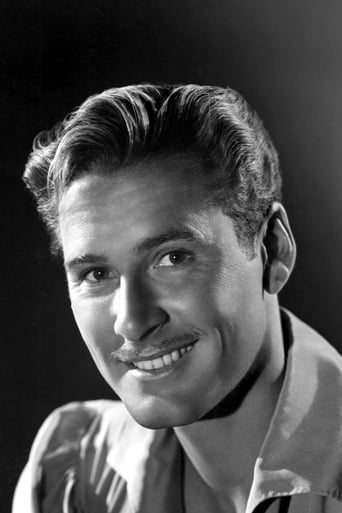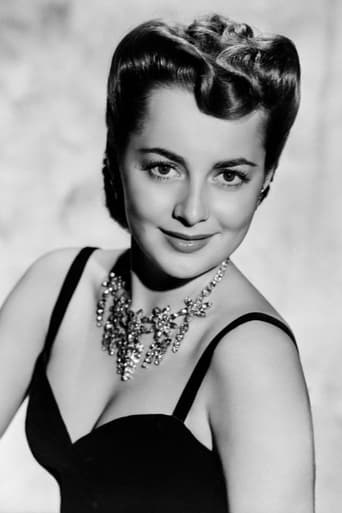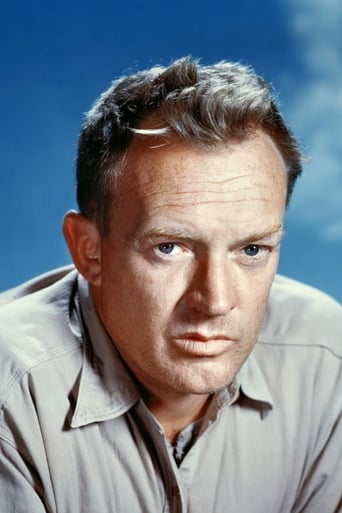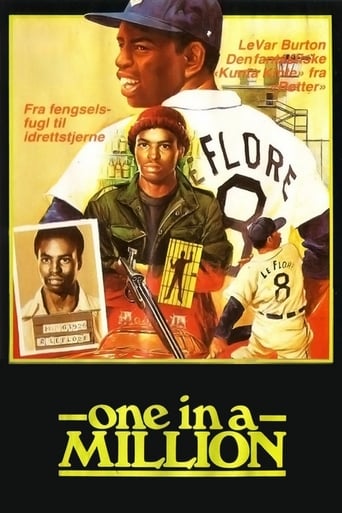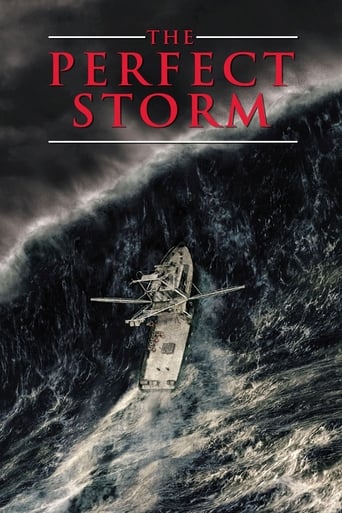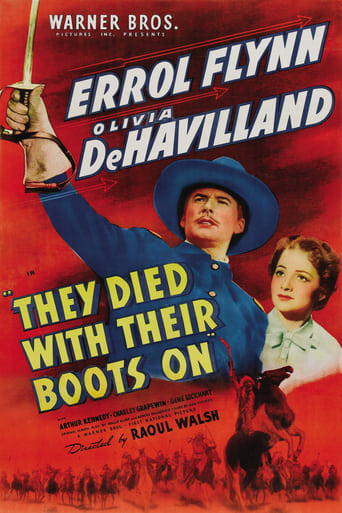
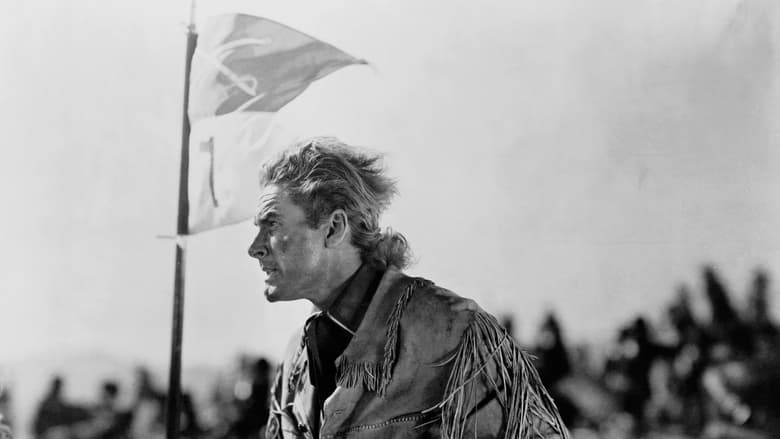
They Died with Their Boots On (1941)
The story follows General George Armstrong Custer's adventures from his West Point days to his death. He defies orders during the Civil War, trains the 7th Cavalry, appeases Chief Crazy Horse and later engages in bloody battle with the Sioux nation.
Watch Trailer
Cast
Similar titles

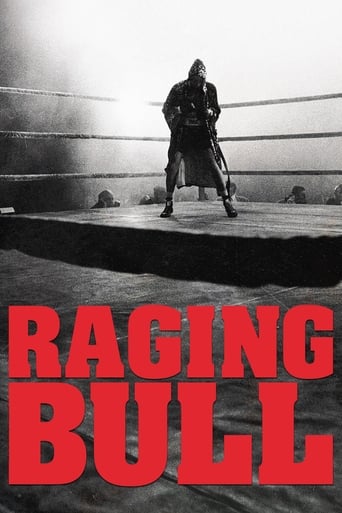
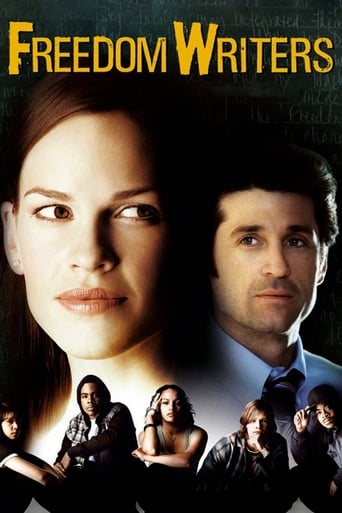
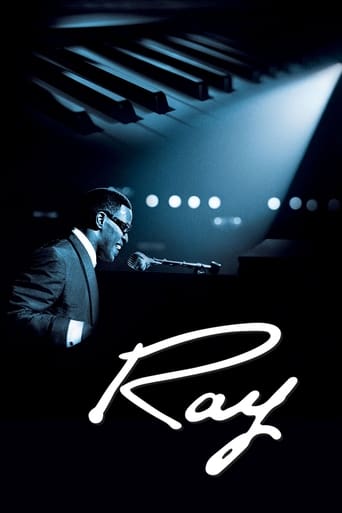
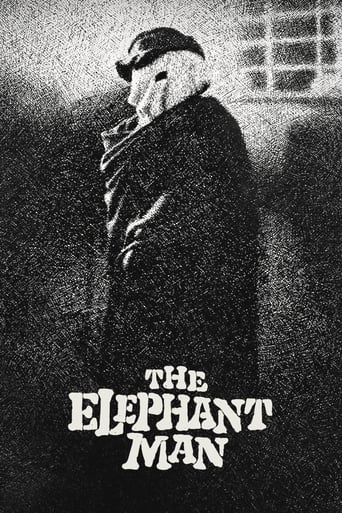
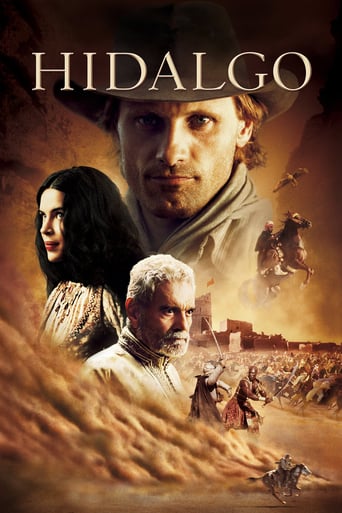
Reviews
People are voting emotionally.
Just perfect...
Good movie but grossly overrated
It’s not bad or unwatchable but despite the amplitude of the spectacle, the end result is underwhelming.
. . . hones in on the 19-year feud that almost caused America to lose A PAIR of Civil Wars. George Armstrong Custer of Monroe, MI, was promoted from 2nd lieutenant directly to brigadier general (over the objections of future war profiteer and Custer's one-time West Point classmate, Ned Sharp) on the eve of Gettysburg, just in time to save the Union by winning that clash virtually single-handed. (His pivotal command, "Ride, you Wolverines!!" is immortalized in the movie RED DAWN.) Following the end of the War, the Sharp Family--in league with a notoriously corrupt President Grant--conspired to completely annihilate EVERY Native American, as documented here in THEY DIED WITH THEIR BOOTS ON. Political reformer Custer made a pact with his Blood Brother Chief Crazy Horse that what is now known as western North and South Dakota would become the U.S. state of Black Hills, with two U.S. Senate seats and two chairs in the House of Representatives delegated by a Natives-only-vote electorate. Since these innovative ideas made Custer a leading candidate himself for U.S. President in 1876, the War Profiteers behind Lincoln's Assassination a few years earlier provided Winchester Rifles to some Renegade Braves (far superior to the weapons of Custer's 7th Cavalry Regiment), with a contract for a "hit" on the popular peacemaker known as "Longhair." Again, the racist and mercenary Sharp Family coordinated the Skullduggery, BOOTS illustrates. Thanks to their Winchesters, the Sharp pawns cut through Custer and his men like a kid spooning custard, though Custer had the foresight to save two-thirds of his command by posting them on his flanks. (Some of these details are included in Mr. Walsh's "Director's Cut.") With Custer out of the picture, the nefarious plotters rounded up and murdered Custer's allies, including Crazy Horse, Sitting Bull, and other prominent patsy chiefs. Their Reign of Terror culminated with the Wounded Knee Massacre, all in bogus "revenge" for the assassinated Wolverine President-in-Waiting. Black Hills never became the Native State. Instead, this sacred region--called "the place of the Gods' Teepees"--got defaced by Mount Rushmore.BOOTS is historically accurate down to its smallest, pains-taking details. For instance, George and Libby's hometown of Monroe is as far South as you can go in the Wolverine State, so naturally all the women there are dressed as Southern Belles and employ GONE WITH THE WIND-type mammies. Perhaps more importantly, BOOTS relates how "Garry Owen"--Michigan's official State Drinking Song--became the immortal marching tune of Custer's Seventh Cavalry. Unfortunately, it was all downhill for the Mitten State after Gen. Custer was rubbed out. Henry Ford hired gun-toting thugs to make sure that the workers on "his" car assembly lines could not talk to each other. Later Michigan Fords pardoned "I-Am-Not-a-Crook" Nixon, designed the Edsel Automofarce, and made the Lions an NFL laughing stock. Their crony Thomas Edison harnessed electricity and invented movies, so he could film a Selfie of him torturing the beloved Coney Island elephant Topsy to her fiery demise in ELECTROCUTING AN ELEPHANT (U.S. Library of Congress footage, 1903). Aviator Charles Lindbergh hobnobbed with the leader of the Third Reich, and Shrine of the Little Flower radio personality Father Charles Edward Coughlin was nick-named "Hitler's Priest." Fortunately for Michigan, its one true hero--George Armstrong Custer--is portrayed with Electrifying Elan and Acute Accuracy in Raoul Walsh's masterful film homage, THEY DIED WITH THEIR BOOTS ON. Though the remake--DANCES WITH WOLVES--later won a "Best Picture" Oscar, BOOTS should have taken the cake, as well.
Old Hollywood may have had its share of duds, but for sheer drama, spectacle, and romance, this 1941 cavalry epic is hard to beat. And that remains the case even in today's highly fictionalized digital age. Flynn never considered himself much of an actor. But here he proves otherwise. Dashingly handsome, tenderly romantic, and a compelling leader of men, he covers the bases in grand style. Heck, at West Point, he's not even very likable, but maybe the young Custer was just that arrogant. Sure, Hollywood's version of Custer takes more than a few liberties, shall we say, but at least it's not at the expense of the Indians. Fortunately, they're not demonized as was so often the custom. Instead, they fight for what is historically theirs, and on a moral footing equal to the white man. Also, it looks like Warner's hired about every extra in Hollywood for the climactic battle scene. Plus, that elegiac final scene between Custer and wife (DeHavilland) is unexpectedly sensitive and even moving. The petite actress remains a perfect counterpart to the virile Flynn, with her sweet-natured good looks and winning smile. And who better to put all these elements together in impressive style than old master Raoul Walsh. I don't know what Warner's paid him over the years, but I know it wasn't enough. Anyhow, this is Hollywood's so-called golden age hitting on all eight, even if it does memorialize grandiose fiction over mundane fact. Besides, who goes to movies for their factual content. I always thought that's what books are for.
Well, well, such grand black and white 2-hour long movies could only appear in the 30-50'. Now, it will be virtually impossible to imagine such a crazy medley of motley genres and often unimaginably incoherent episodes. This head-cutting array of pure comedy, farce, tragedy, love story, drama, war film, and who-knows-what-not is sometimes puzzling and dazzling. Errol Flynne is excellent here, he was made right for this movie, with his arrogant air, big grin, flashy style, wild morale, unhinged behavior and tear-jerking sentimentality. Generally, the film is Not the accurate history document, as sometimes it borders on the brink of purely slapstick comedy of The Marx Bothers. The Civil War here is at least sketchy and jotted, the whole post-war period is at best blurred and slurred. The heroic demise? Custer's Last Stand? Well, typical sped-up cavalry run, chaotic battle, unrealistic deaths and falling. The Indians are pure barbarians here, only great mighty Anthony Quinn is a great Must See. generally, strange and not tragic death scene. It goes, and yes, it goes. That is all. The conclusion? Nice. Not perfect
How can one even start with this nonsense? Everyone has a better idea now of the Battle of Little Big Horn and what really happened there--not exactly Hollywood heroism on the part of Custer. But let's move on, and put to rest another falsehood embedded in this film. In the movie the Black Hills are set aside as sacred land for the native peoples. Any trespassing on it by non-natives would start an all-out Indian war. The movie tells us that evil land developers and railroad men plotted to open up the area by spreading a false rumour that gold was found in the Black Hills, thus triggering a gold rush and forcing the army to protect the waves of gold seekers, who would force the Indians off the land. Wrong. The truth is that gold was discovered by Custer on an expedition into the area and that Custer himself (let's use the words of Wikipedia) "announced the discovery of gold on French Creek near present-day Custer, South Dakota. Custer's announcement triggered the Black Hills Gold Rush." I don't know why reviewers here are overlooking the tissue of falsehoods that make up this movie and expecting us to enjoy it--for what, the action scenes? the romance story? the horses? the comforting lies? what?
